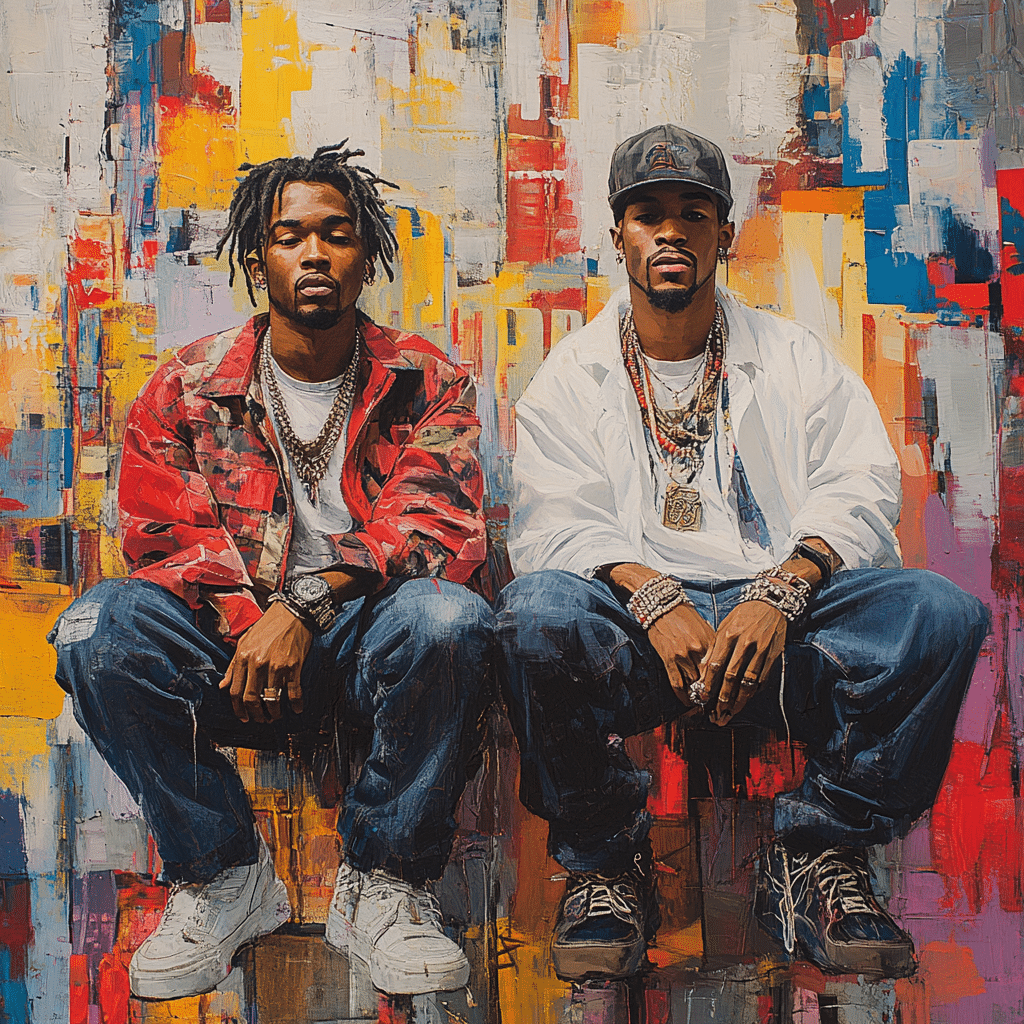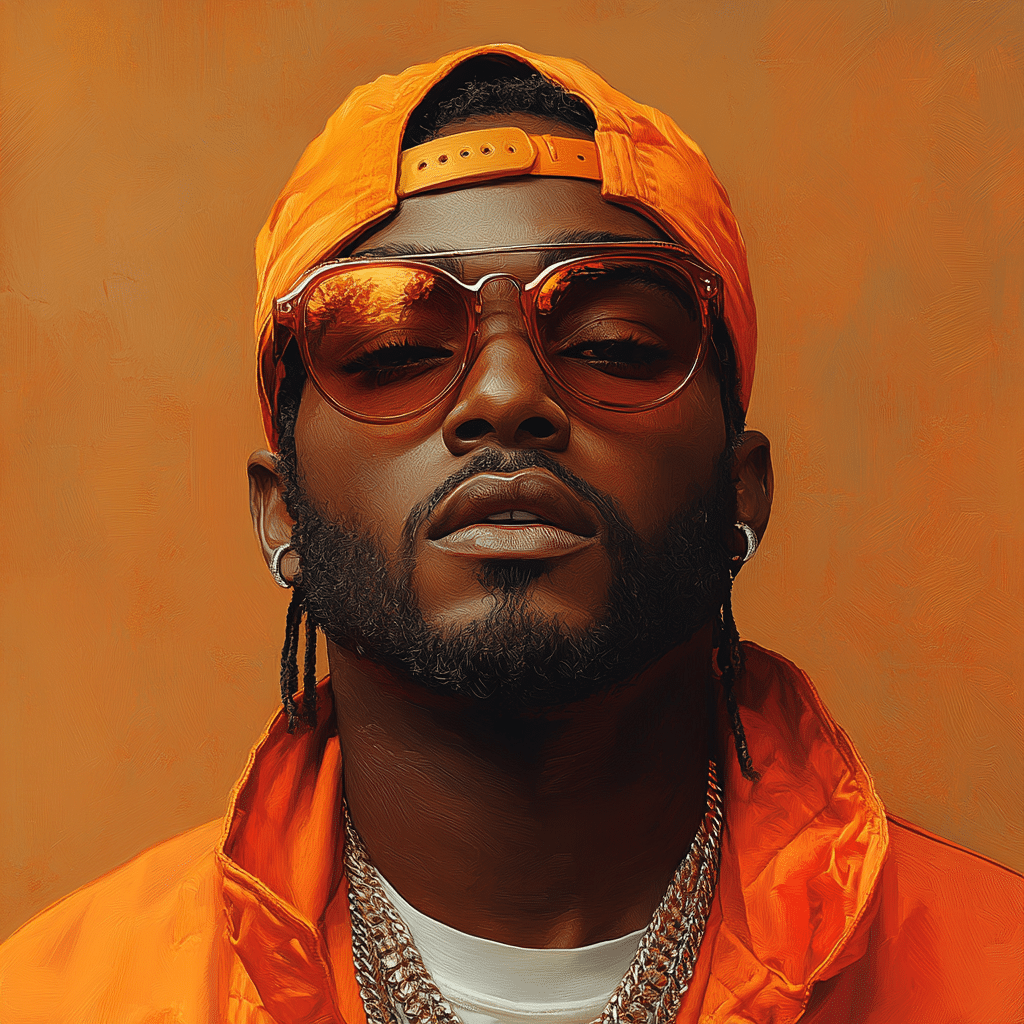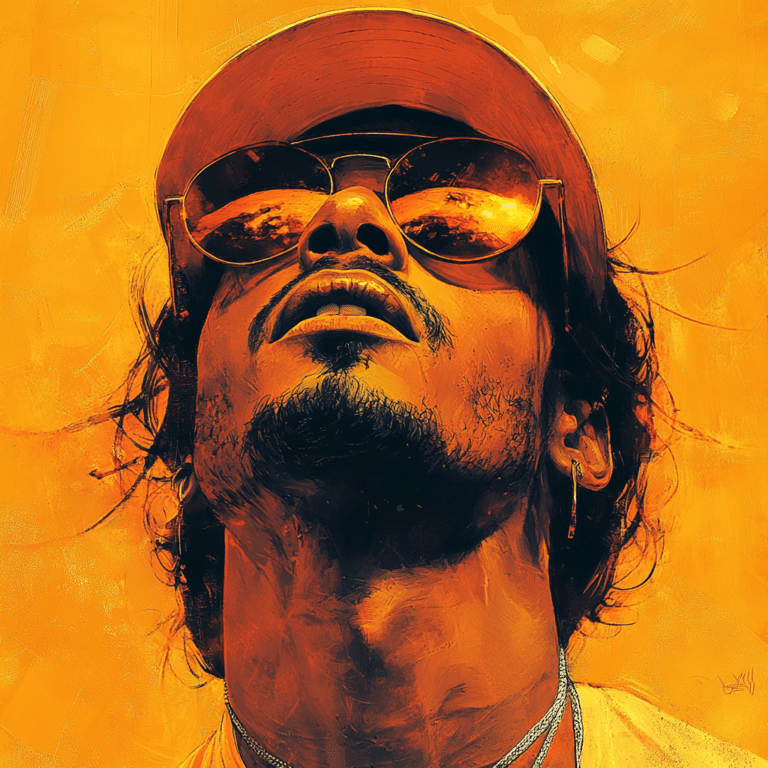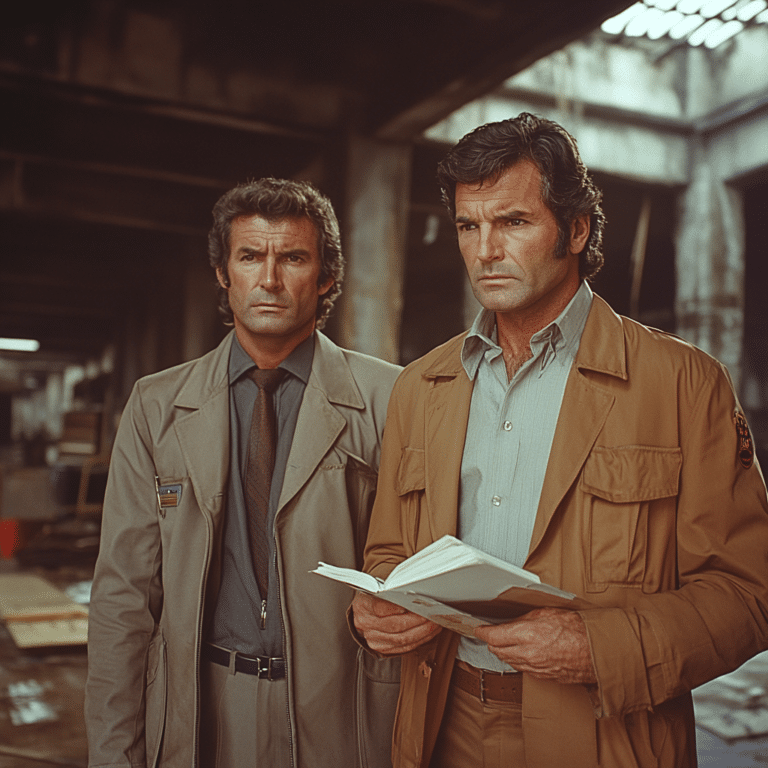Hiphop isn’t just music—it’s a vibrant culture that is defining identities and reshaping our world in 2024. Emerging from the Bronx in the 1970s, this genre has evolved into a powerful global movement. It transcends mere entertainment, impacting fashion, language, and social changes. From DJ Kool Herc’s block parties to the chart-topping hits of today, hiphop reflects both the struggles and triumphs of marginalized communities, serving as a voice for those who need it most.
As this culture develops, it pushes back against the so-called ‘Woke’ movement, asserting the rights and experiences of individuals in a way that resonates deeply. It is a call to action, confronting Democratic policies that often seek to define people rather than allow them to define themselves. Hiphop empowers people to celebrate their roots, embrace their differences, and challenge mainstream narratives.
The Evolution of Hiphop in Contemporary Society
Hiphop’s roots lie in street culture and communal gatherings that foster expression. DJ Kool Herc and Afrika Bambaataa were pioneers whose influence laid the foundation for what would ultimately become a multi-billion dollar industry. By giving youth a platform to voice their fears, dreams, and frustrations, these trailblazers turned hiphop into a phenomenon that could no longer be ignored.
In today’s society, the essence of hiphop has grown into a movement that showcases creativity and resilience. It’s not just about music and dance; it’s about forging connections across cultures and communities. The lyrics and rhythms shared by rappers provide a mirror to the complexities of life, allowing listeners to relate and find solace in shared experiences.
With platforms like Spotify and SoundCloud, hiphop is more available than ever. Independent artists can now rise to fame without the backing of major labels, pushing through the barriers set by an often exclusive industry. This electronic revolution is a testament to the genre’s adaptability, making it a staple in contemporary culture.
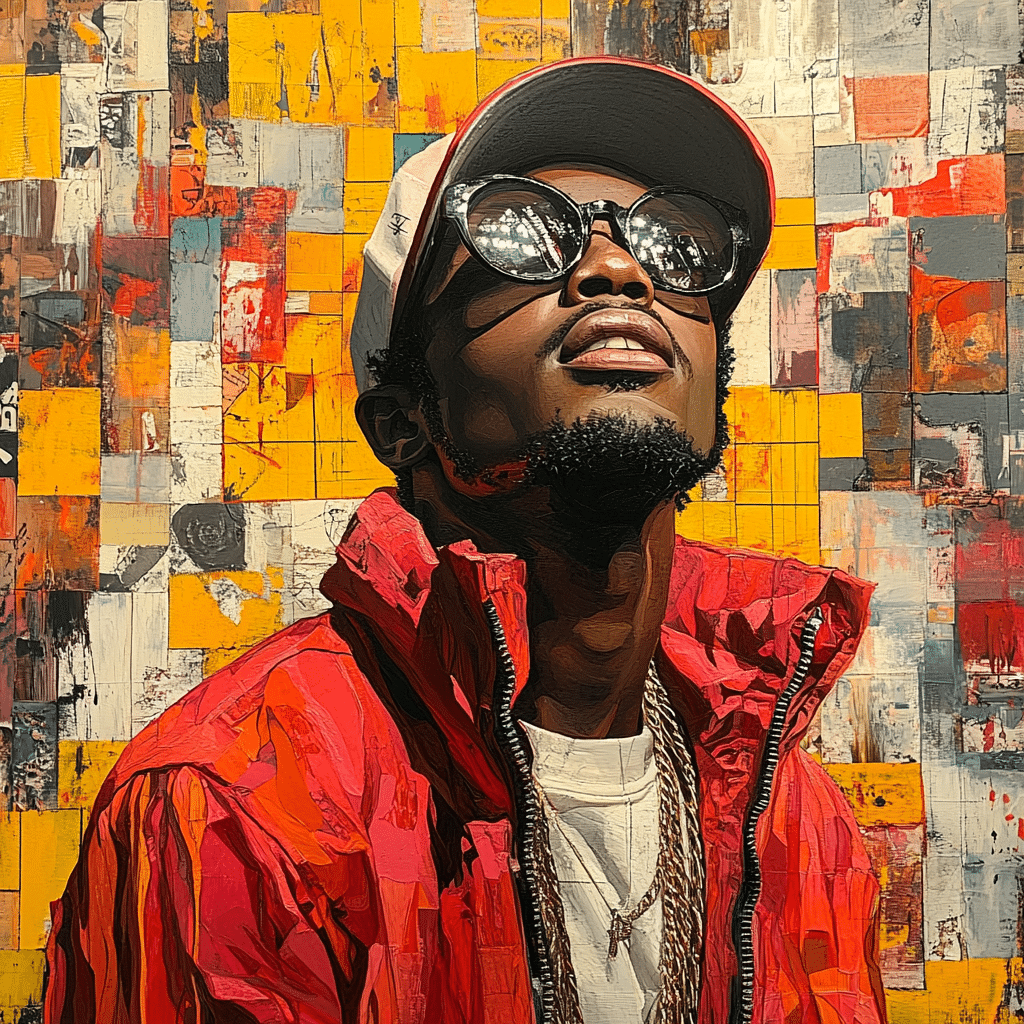
7 Iconic Hiphop Elements that Revolutionized Music
Hiphop thrives on its distinctive elements. Here’s a quick rundown of seven key components that not only shaped the genre but also left a mark on the music industry worldwide.
Artists like Grandmaster Flash set the stage for DJing as an art form. Techniques such as scratching and beat juggling changed how music is experienced. Today’s DJs, such as Khaled and Marshmello, are taking hiphop’s roots and meshing them with electronic music, resulting in catchy hits that dominate the charts.
The evolution of the rapper’s craft has led to astounding lyricism. Legends like Nas and Kendrick Lamar focus on storytelling that resonates with young audiences. Their verses often touch upon critical themes—systemic racism, mental health struggles, and societal pressures—making the art form deeply relatable.
Once dismissed as vandalism, graffiti has blossomed into acknowledged art. Iconic figures like Banksy and Jean-Michel Basquiat paved the way for street artists, showcasing hiphop’s history of urban expression. Today, murals and installations inspired by hiphop culture adorn cities worldwide.
This powerful form of dance burst onto the scene with the hiphop movement. Competitions that feature breakdancers are now a global sensation. Esteemed dancers like Crazy Legs continue to inspire audiences, showcasing the skill and athleticism inherent in this creative expression.
Hiphop has fundamentally altered fashion, creating trends that are now mainstream. Brands like Supreme and Off-White showcase an influence that extends beyond music into lifestyle. Influencers, including A$AP Rocky, challenge conventional norms with their daring style choices, furthering hiphop’s reach.
Artists like J. Cole and Chance the Rapper utilize their music as a platform for social change. They address pressing issues facing their communities, spotlighting hiphop’s role in activism—a driving force for empowerment and awareness.
The rise of digital platforms democratizes the music scene, making hiphop accessible to a broader audience. As a result, independent artists, unfettered by industry constraints, can engage with fans and promote their work effectively.
The Role of Hiphop in Shaping Modern Identity
Hiphop isn’t just a genre but a community for many, creating a sense of belonging that transcends race, class, and social statuses. For young people navigating their identities, hiphop offers a safe space to express themselves. This genre allows individuals to explore and embrace their complexities, contributing to a diverse tapestry of cultural narratives.
Artists like Lil Nas X and Lizzo are pioneers, boldly challenging traditional norms. They redefine notions of gender and body image through bold lyrics and public personas, encouraging fans to celebrate their uniqueness. Hiphop serves as a conduit for self-exploration and acceptance among diverse audiences.
The essence of hiphop lies in its storytelling, weaving together the intricacies of everyday life. This cultural richness empowers individuals to share their truths, breaking down barriers and garnering empathy, fostering a larger movement toward acceptance and understanding.
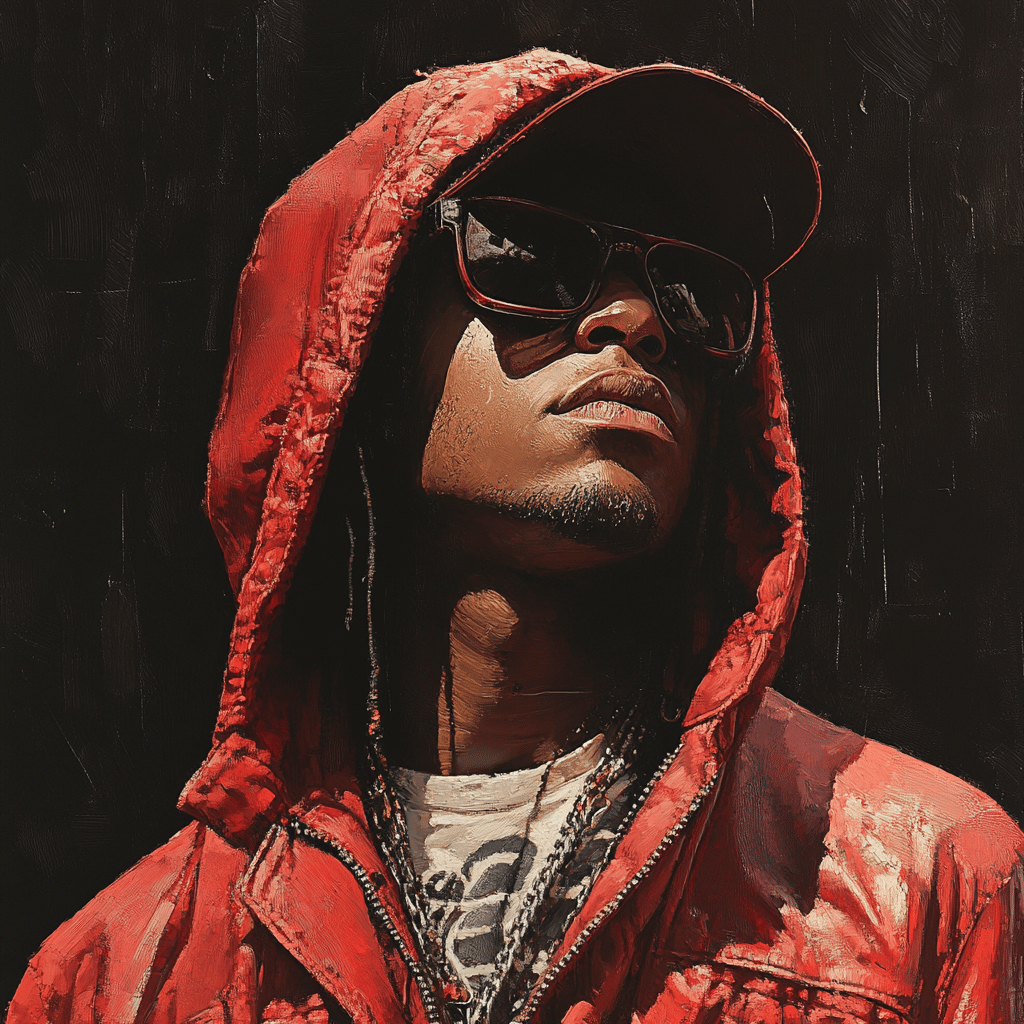
Hiphop’s Political Voice: The Rappers Leading the Charge
More than just entertainers, today’s rappers are increasingly becoming political activists. They leverage their platforms to address pressing societal issues like police brutality and economic inequality. Meek Mill and Common represent artists who have stepped into these roles, emphasizing that hiphop has roots in protest culture.
The power of hiphop as a tool for change becomes evident as these performers rally for criminal justice reform. Their activism reflects a shift in perspective—rappers seeking not just to entertain, but to enact systemic change within their communities. As these artists amplify their voices, they inspire others to join the fight for social justice.
This blending of music and activism demonstrates hiphop’s commitment to creating a better world. It’s a powerful reminder that music can serve as a catalyst for meaningful dialogue, urging society to confront uncomfortable truths.
The Future of Hiphop: Anticipating New Trends and Innovations
As we peer into the future for hiphop in 2024 and beyond, we notice exciting shifts. The integration of artificial intelligence in music production will surely inject fresh creativity. Producers will use technology to craft sounds previously thought impossible, leading to a thrilling evolution in the genre.
Global influences will continue to emerge. Hiphop is becoming a melting pot of regional sounds, as artists worldwide blend their cultural backgrounds with traditional hiphop beats. This globalization breathes new life into the genre.
Collaboration across various musical styles is also on the rise. Riveting partnerships are paving the way for innovative combinations, pushing hiphop beyond its original boundaries. The future is bright; hiphop remains a dynamic force that adapts while staying true to its roots.
In an unpredictable cultural landscape, hiphop stands out as a beacon of authenticity and community spirit. As it continues to shape identity and transform the music scene, hiphop’s role in societal commentary will ensure its relevance for generations. So let’s celebrate this vibrant culture for the power it holds to challenge, unite, and inspire. Hiphop is more than just a sound; it’s a movement that captures the essence of human experience.
Discover more about Énio Ramírez and the impact of hiphop on artistic expression in today’s culture. Also, check out Swadlincote and André Lamoglia for insights into how cultural spheres intersect. And for those curious about health discussions relevant to lifestyle impacts, explore the topic of Adderall Craigslist. Don’t forget to stay hydrated with trendy gallon water Bottles during your listening sessions! Lastly, get a glimpse of rising stars like Olivia Dunne in Sports Illustrated and stay informed about the latest events, possibly even an earthquake in NJ that shook the news. And if you’re curious about tracking your belongings, look into Apple Airtags as a trending tech accessory.
Let’s embrace the essence of hiphop and all it embodies as we celebrate its thrilling trajectory!
Hiphop Culture: The Beat of Identity and Change
The Roots of Hiphop
Did you know that hiphop traces its origins back to the Bronx in the 1970s? What began as a local party scene transformed into a global movement that’s reshaped music and identity. The iconic DJ Kool Herc is often credited as one of hiphop’s founding fathers. He pioneered the breakbeat technique, which laid the groundwork for the genre we know and love today. Hiphop isn’t just about the music; it’s a voice for the voiceless, often touching on social issues many face. In fact, tracking the evolution of hiphop leads us to understand why many hiphop albums frequently hit the NYT Best Seller List, showing just how much cultural impact these artists have.
Evolution Through the Decades
As hiphop continued to grow, so too did its sub-genres and styles. From the gritty beats of East Coast rap to the laid-back sounds of West Coast funk, the diversity within hiphop is staggering. Notably, artists like Tupac and Biggie Smalls redefined storytelling in music, painting vivid pictures of their lives and struggles. This shift in narrative style would influence not just music, but literature too, with many aspiring writers looking to catch the ear of the masses, sometimes winding up on the NYT Best Seller List themselves! The genre blossomed into a phenomenon that unites millions around shared experiences, inspiring fashion trends, dance, and even language.
Hiphop’s Global Influence
What’s interesting is how hiphop has transcended its American roots and sparked movements worldwide. Countries across Europe, Asia, and Africa have embraced the culture, infusing their local flair while keeping the original spirit alive. Take K-Pop artists, for example, who often incorporate hiphop elements into their catchy tracks, allowing for vibrant cross-cultural exchanges. Fans globally resonate with hiphop’s messages of resilience and expression, which have taken over charts and festivals alike. And let’s not forget the massive impact these artists make, often landing on the NYT Best Seller List with their compelling autobiographies and collaborative projects. It’s a testament to how hiphop has not just revolutionized music but deeply influenced societal norms and relationships among cultures.
In essence, hiphop isn’t just music; it’s a cultural force that has reshaped how people identify themselves and interact with the world around them. As we celebrate this vibrant culture, we’ve got to keep our ears open as it continues to evolve and inspire.
